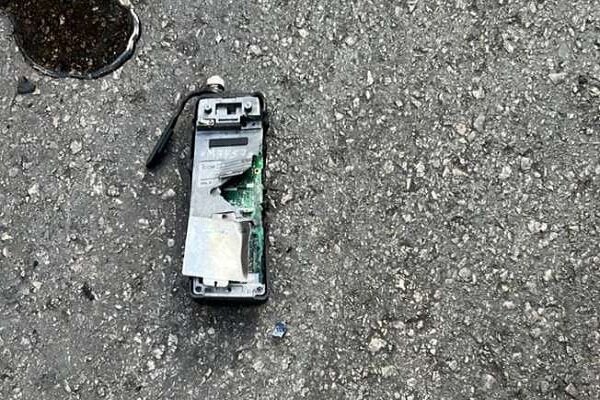Ron Ben-Yishai
Ynet News, Sept. 17, 2024
“Israeli security officials believe that Hezbollah has begun to attempt direct attacks inside Israeli territory due to a perceived loss of deterrence and the belief that no significant retaliation will take place as a result.”
The detonation of pagers in Lebanon on Tuesday demonstrated to Hezbollah just how penetrable the organization is — not only in terms of intelligence but also digitally. The connection between the two represents a weapon in itself which Hezbollah and its Iranian patrons must be wary of.
Currently, there is no change in Israel’s strategic outlook. The action attributed to Jerusalem undoubtedly increases deterrence against Hezbollah and its Iranian patrons and serves as a moral blow, but it’s not a game-changer — it won’t return the northern residents to their homes safely.
If Israel is indeed behind these explosions, including those in Syria, it sends a serious warning to Hezbollah not to attempt attacks within Israeli territory, as it has done at least three times recently using local Palestinian infrastructure.
Experts in electronics suggest that the beepers were primarily intended to coordinate and time the launches of missiles and drones toward Israel, as well as to alert Hezbollah operatives about air force strikes. Hezbollah will likely respond with concentrated rocket barrages and swarms of drones, though it’s unlikely to be beyond what we’ve already seen.
Three attacks at Iran’s direction: Hezbollah tries to sow chaos and fear in Israel. [To read the full article, click here]


